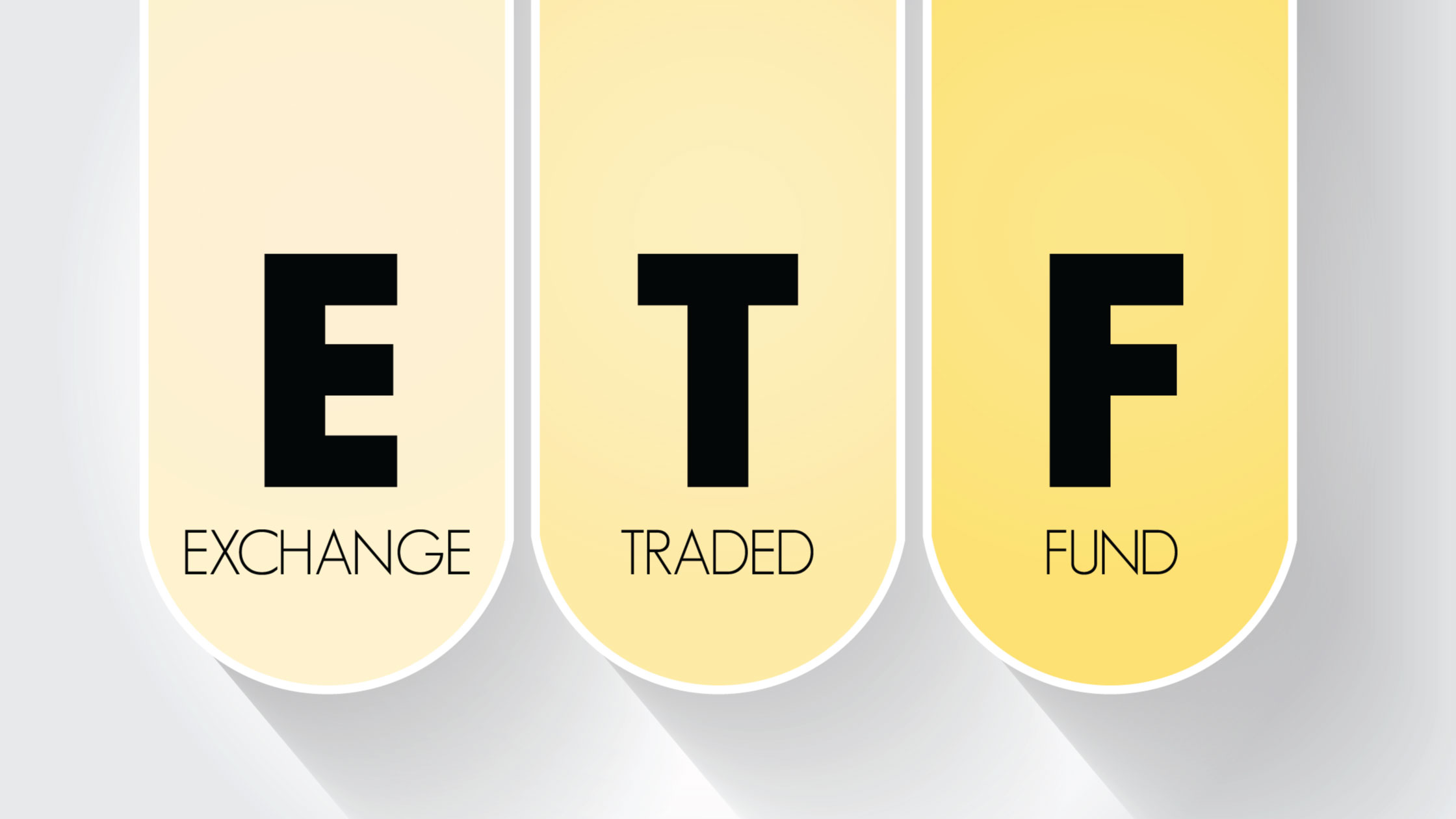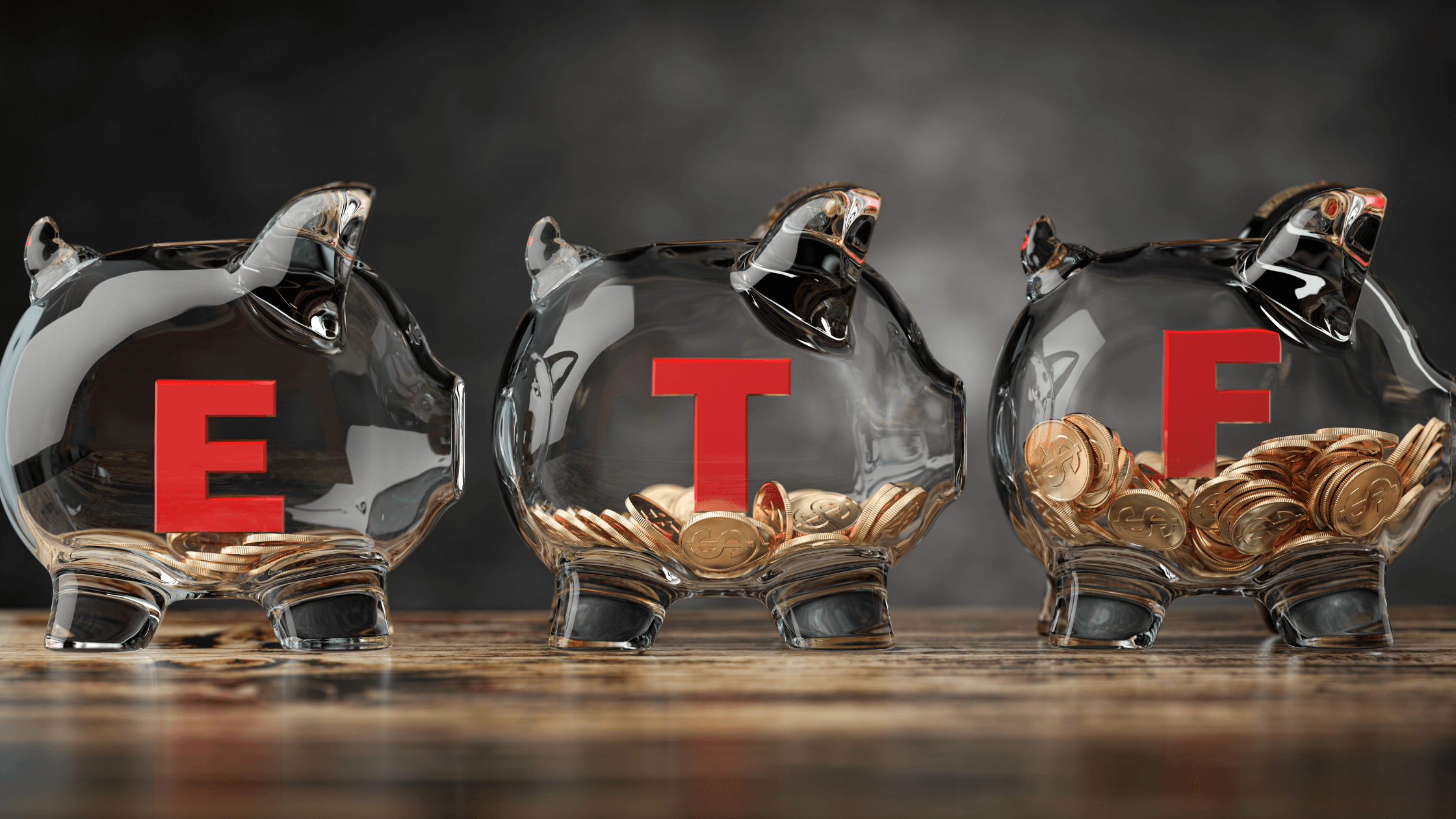ETF Series: Pros and Cons of ETFs
December 15, 2021

The rise of Exchange-Traded Funds (ETFs) has made it easier and cheaper to build a diversified portfolio on your own.
Previously, I’ve written four chapters for our ETFs Series including the latest piece on Top 10 ETFs beginners can buy.
If you’re still uncertain whether ETFs are suitable for you, today’s article on the pros and cons of investing in ETFs is perfect for you.
 Source: ProsperUs
Source: ProsperUs
The Pros
1) Diversification
This is the key advantage with ETFs. Since ETFs invest into baskets of securities within an index, this will help you naturally diversify your investment portfolio.
A single ETF would usually give you exposure to a group of equities, sectors, or style. Therefore, instead of making investments into only one stock, ETFs ensure that your portfolio is diversified based on the index that is being tracked.
With the variety of ETFs, you can either narrow down your investment to one specific sector or globally diversify your investments by looking into ETFs that track international shares, bonds or commodities.
2) Lower Fees
ETFs, which are passively managed, have a lower expense ratio as compared to actively managed funds and majority of other investment alternatives in the market.
It’s cost-effectiveness to help you create your own investment portfolio is another reason why I think ETFs should be on top of every novice investor’s list. ETFs may invest in a range of fifty or hundred different listed stocks, but you only need to pay a single brokerage fee.
3) High Liquidity
This liquidity aspect is another benefit of investing in ETFs. Investors can easily buy or sell his or her holdings with ease. This is extremely crucial when investors need to retrieve their money from ETF investments for cash.
4) Tradable like a Stock
ETFs also provide interchangeable benefits to stock investments. With the trading of ETFs being relatively similar to investing in stocks, potential investors can quickly forage for changes in the daily prices of ETFs using its ticker symbol, comparing it with other indexed sectors, commodities and even stock prices. Congruent to stocks, potential investors could easily purchase and sell their ETF holdings. Additionally, you will also have the option to short or use limit and stop orders on ETF investments. Fortunately, majority of ETFs are featured on an online exchange which means that potential investors can make prudent investments at the comfort of their home.
5) Minimal Investment Requirements
Personally, ETFs is a favoured investment in my portfolio because it only requires minimal investment. This is especially important for someone who is new to investing, an investor with budget constraints and low-risk appetite.
6) Immediate Reinvested Dividends
Long term investors would be immediately attracted to ETF investments, as dividends generated by companies in ETFs will be reinvested instantly. However, unit investment trust ETFs is an unfortunate exception whereby dividends will not be automatically reinvested, thus creating a dividend drag.
The Cons
1) Volatility
Despite the diversification benefits that ETFs offer, this does not mean your investment is immune to market volatility . During times of an economic recession, ETFs could witness a sharp decline when a major stock market index collapse. Moreover, the risks increases for ETFs that are specific to a certain sector, or a fund that focuses on a small niche market such as the technology sector. Usually, an index tracking the commodity sector is likely to be more volatile as compared to one that tracks the S&P 500 Index.
2) Unknown Index Factor
In recent years, we have seen ETFs that are tied to unknown or untested indexes, which could be a major negative aspect due to the increased unpredictability. This can be detrimental to inexperienced investors who might be unfamiliar with many indexes in contrast to someone who has been following the market closely for years.
3) Lower Dividend Yields
While there are dividend-paying ETFs in the market, the dividend yield is generally lower when compared with owning a high dividend-paying stock. Though ETFs investments prompty diversify your holdings, ETFs track a broad market which usually leads to earning a lower overall average yield.
4) Limited Diversification for certain ETFs
Another downside to ETFs is that it might create an illusion of a diversified portfolio without really having one. A novice investor needs investigate the index fund to better understand if the underlying securities tracked by the index actually delivers investors with the much sought-after diversification aspect.
For example, if you invest into ETFs such as the Ark Innovation ETF (NYSE: ARKK), which seeks long-term growth of capital by investing in companies that are relevant to “disruptive innovation”, you might be putting a bulk of your investment in innovative tech companies. There won’t be much diversification to as investors are essentially only investing in tech companies and nothing else. This could cause calamitous effects to the investor’s portfolio, in the event the tech industry is struck by undesirable regulatory changes.
5) Currency Risk Involved
If your chosen ETFs makes investments overseas, fluctuations in the foreign exchange can negatively impact your returns. Funds that offer exposure to global emerging markets may also be more volatile.
ETFs Help to Build a Diversified Portfolio
On the whole, ETFs are suitable for a comprehensive mix of investors as it builds a portfolio that allows investors to gain exposure to a variety of sectors. They are in a way similar to stocks in terms of how they are traded, but can also be compared to broader investments, or even entire indexes, in terms of their price movements. Furthermore, the plethora of advantages that ETFs provide, such as a diversified portfolio, low expense ratio, liquidity, convenience, minimal investment required, completely justifies and supports my belief that ETFs should be a part of every investors portfolio. Nonetheless, there are also disadvantages to watch out for, so do go through our ETF series before making investment decisions in index funds.

Billy Toh
Billy is deeply committed to making investment accessible and understandable to everyone, a principle that drives his engagement with the capital markets and his long-term investment strategies. He is currently the Head of Content & Investment Lead for Prosperus and a SGX Academy Trainer. His extensive experience spans roles as an economist at RHB Investment Bank, focusing on the Thailand and Philippines markets, and as a financial journalist at The Edge Malaysia. Additionally, his background includes valuable time spent in an asset management firm. Outside of finance, Billy enjoys meaningful conversations over coffee, keeps fit as a fitness enthusiast, and has a keen interest in technology.







